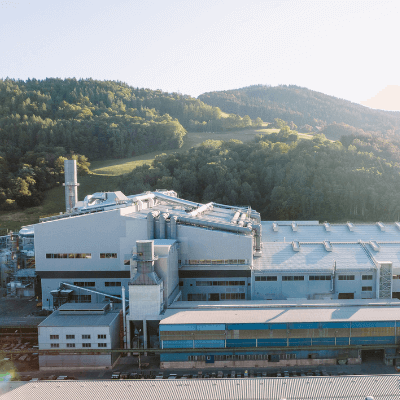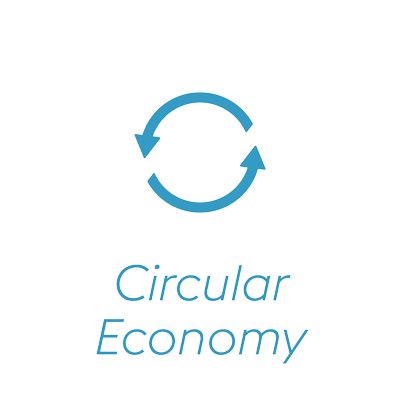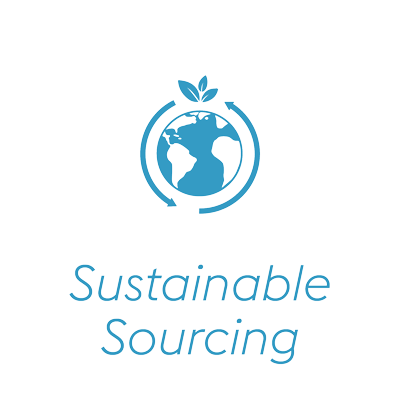Climate Impact


Michael Ebner
Lead of Climate Impact
Phone: +43 503041022017
Send e-mailFollowing the path to zero emissions
Protecting our climate lies at the core of our sustainability ambitions. Against this backdrop, we have set out to become climate neutral by 2050. This will be possible by a broad focus on green energy and energy efficiency solutions. For this purpose, we are currently implementing a decarbonization pathway, with the highest priority being the reduction of our greenhouse gas emissions. We have also set ourselves the objective of reducing our Scope 1&2 emissions by 50% until 2029 compared to 2019. In order to achieve the goal of climate neutrality, further measures are being taken in the area of energy efficiency and the substitution of fossil fuels. Unavoidable emissions are to be captured using carbon capture methods, stored or reused. Only residual emissions are neutralized through offsetting in accordance with strict guidelines.

our fields of action
Aiming for the goal of a 50% reduction in Scope 1 & 2 emissions by 2029 in relation to the baseline year of 2019, a detailed and specific roadmap has been implemented. Intensive work on further improving our energy efficiency and increasing use of green energy will have a positive impact on the achievement of the goal. In addition, all production sites have their own roadmaps for scope 1 & 2 emissions. Their development and progress will be monitored by us.
> Our goal: A 50% reduction of our Scope 1 & 2 emissions by 2029 in relation to the baseline year of 2019.
100% of our high performance metals melting are electricity based technologies (EAF, VIM, etc.). Therefore, the use of green energy is an extremely important area for our sustainability efforts. Against this background, we have already taken first steps concerning independent and on-site production of renewable energy. Insights from some of our projects include for example the combination of hydropower and photovoltaic energy production, the independence of purchased renewable energy, cooperations in the area of biomethane production to substitute fossil fuels and more. Alternatives to natural gas are constantly being evaluated. Moreover, we set a specific focus on the expansion of own production of renewable energy.
Based on established structures concerning energy efficiency initiatives, we set a structured focus on a massive increase of energy efficiency in many different areas. Those include: Regenerative and recuperative burner systems for natural gas fired furnaces; moreover the reduction of heat losses, increased utilization of waste heat, improved hot delivery/pre-heating, electric energy savings through LED-lighting, increased hydraulic systems and inductive heating and the installation of photovoltaic systems.
find out more about our other inSPire topics:


